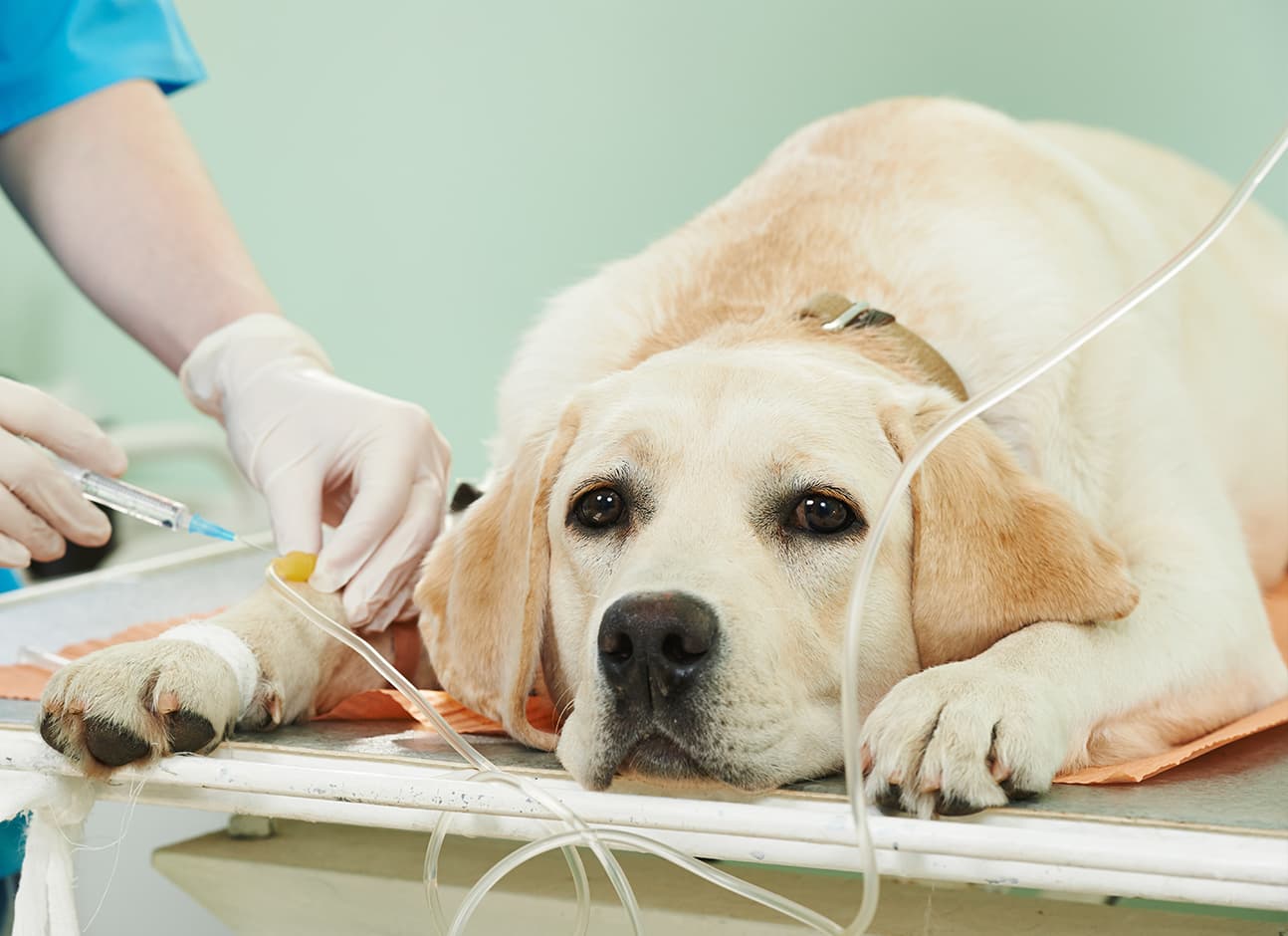Portosystemic shunt (PSS) or liver shunt is a condition where the blood draining from the stomach, intestines, spleen, and pancreas bypasses the liver and flows directly into circulation without being purified by the liver. This is also marked by poor liver growth. Dog breeds like Yorkshire Terriers, Old English Sheepdogs, Cairn Terriers, Irish Wolfhounds, and Beagles are more likely to develop liver shunts than other breeds of dogs.
Canine liver shunts usually have genetic causes with congenital liver shunt being the most common liver shunt. However, an acquired case of liver shunt is also possible and occurs typically due to an underlying cause such progressive liver failure or other problems of the liver. There are two types of PSS namely extrahepatic shunt (outside the liver) which is common among small dog breeds, and intrahepatic shunt (inside the liver) which is seen commonly among larger canine breeds.
Some clinical symptoms to watch out for include stunted growth, inadequate muscle development, and unusual behaviours such as befuddlement, staring into space, head pressing, and even seizures. Your dog may also drink and urinate excessively, vomit, and experience diarrhea if they suffer from the condition. However, these are comparatively less common signs of liver shunts.
Diagnosis for liver shunts is grounded in your pet’s medical history and the symptoms. Your veterinarian may run tests such as Complete Blood Count (CBC), urinalysis, and the Bile Acid Test to confirm diagnosis. Other tests include Ultrasound with Doppler flow analysis, Portography, CT scans, and MRIs.
Treatment for canine liver shunts include specialized diets, administering lactulose, antibiotics, and other medications. A majority of dogs recover quickly with proper diets and medication. However, most dogs treated medically are eventually euthanized due to uncontrollable symptoms such as seizures, and gradual liver damage. In the case of extrahepatic liver shunts, surgery proves to be the best way of ensuring that your dog lives a long and happy life. You can consult with your veterinarian to learn more about liver shunts and the ways in which you can help your pet through it.
Trust in top-notch care for your four-legged family member. Turn to our ‘Vet for Dog‘ services.
